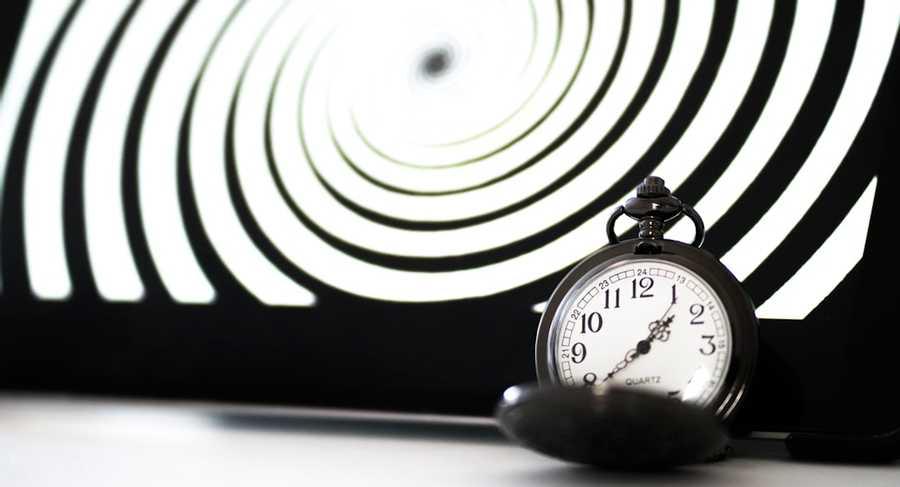Explore the World's Best Ideas
Join today and uncover 100+ curated journeys from 50+ topics. Unlock access to our mobile app with extensive features.
The origins of hypnosis
The concept of the hypnotic trance was born in the 18th century, with the notorious German physican Franz Mesmer
Mesmer claimed that he could showcase the existence of something he called “animal magnetism,” which is an invisible fluid that “flows” between people, animals, plants, and things, and which can be manipulated to influence people’s behavior.
37
414 reads
Top-down regulation
Neuroscience and Biobehavioral Reviews has defined hypnosis as a kind of top-down regulation of conscious awareness, a process in which “mental representations […] override physiology , perception, and behavior.”
33
243 reads
Induction and suggestions
Hypnosis involves two main elements: induction and suggestions.
- Hypnotic induction is the first suggestion delivered during the process of hypnosis, though what it should consist of is still a matter of debate
- Suggestions are typically expressed as implications that elicit seemingly involuntary responses from the participants, who do not believe they have much, or any, control (or agency) over the situation.
31
254 reads
Hypnosis is about attention and concentration
Many studies link hypnosis specifically to cognitive processes and describe it as “a phenomenon involving attentive receptive concentration .” Some evidence points to the role of hypnosis in controlling selective attention .
The relationship between hypnosis and states of attention is reinforced by the results of past experiments, in which hypnotic suggestion was used to alter different kinds of perception.
33
169 reads
The use of hypnosis
Increasingly, self-hypnosis and techniques of hypnotic suggestion have picked up steam as “life hacks.” Self-hypnosis techniques can be used as a shortcut for achieving relaxation and boosting self-confidence.
Therefore: meditation and hypnosis are closely related, as they both play a role in mind-body regulation.
The potential held by hypnosis for modifying perception is also what makes it fitting as a complementary medicine approach.
Hypnotherapy is currently used to relieve several medical conditions and to help people let go of negative habits that can have a serious impact on their health.
32
193 reads
IDEAS CURATED BY
LuX Clara's ideas are part of this journey:
Learn more about psychology with this collection
How to handle conflicts
How to identify and regulate emotions
How to develop self-awareness
Related collections
Similar ideas
6 ideas
Hypnosis: a brief history
bigthink.com
15 ideas
What If Consciousness Is Not What Drives The Human Mind?
theconversation.com
Read & Learn
20x Faster
without
deepstash
with
deepstash
with
deepstash
Personalized microlearning
—
100+ Learning Journeys
—
Access to 200,000+ ideas
—
Access to the mobile app
—
Unlimited idea saving
—
—
Unlimited history
—
—
Unlimited listening to ideas
—
—
Downloading & offline access
—
—
Supercharge your mind with one idea per day
Enter your email and spend 1 minute every day to learn something new.
I agree to receive email updates



